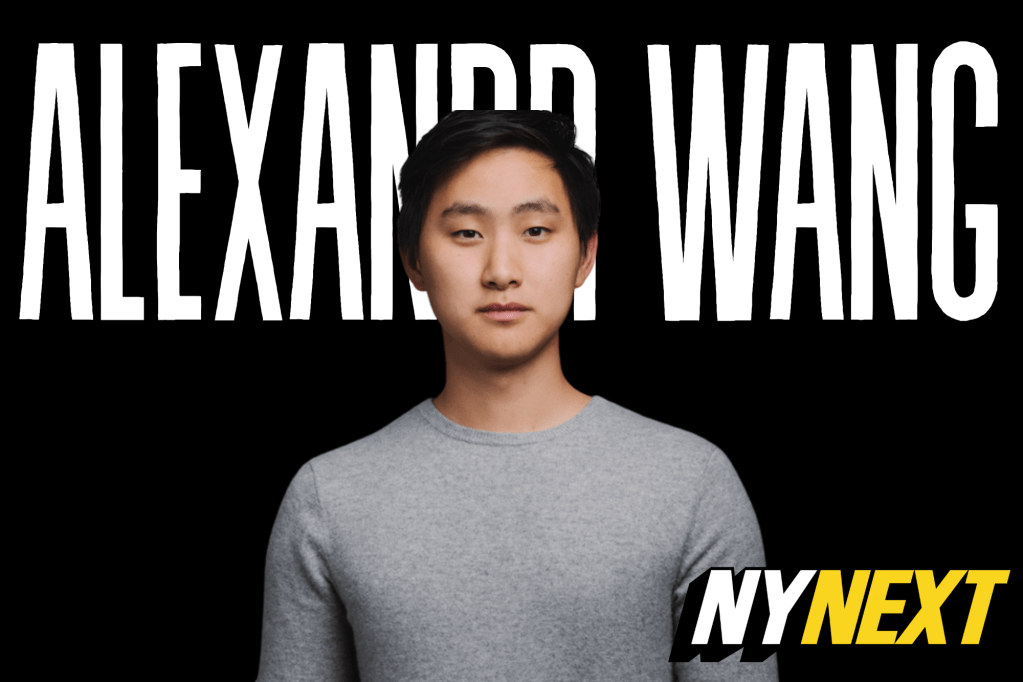Alexandr Wang, the world’s youngest self-made billionaire and CEO of the $14 billion company Scale AI, has become one of the most important voices on artificial intelligence. And the message he is sharing now is that the US is at risk of falling behind.
“The Chinese Communist Party has enacted a whole-of-government approach to leading in AI — an AI master plan,” he said. “They want to be the leader by 2030 … their approach integrates their economy, their government and every part of the Chinese society to ensure that they’re able to come out ahead.”
And, he admitted, that unnerves him.
“One of the things I’m really concerned about is, if China races ahead on AI — and, let’s say, they start applying AI to their military and their cyber operations more effectively than we do in the United States — they’ll be able to hack into our systems. They’ll be able to hack into our energy grid and shut it off.”
At 28, he has the attention of Congressmen, CEOs and celebrities — and the ability to influence policy.
Since moving to San Francisco nearly a decade ago, he’s gotten to know all of the right people in Silicon Valley (Sam Altman even lived with him for a few months) and has become a fixture at global events like the Allen & Company Conference in Sun Valley, Davos, and, most recently, the Paris AI Summit, where world leaders from Narendra Modi to Emmanuel Macron seek his counsel.
Now, he’s helping the US approach to AI — and believes the time is right: “This administration has been super focused on AI, thinking a lot about how to ensure American leadership.”
This week, after testifying before the House Energy and Commerce Committee and unveiling his vision for America’s AI strategy, Wang spoke with me about why this moment is so urgent, why he’s prioritizing time with government leaders (he sat for four and a half hours in front of Congress) and why he believes Silicon Valley is committed to helping the US win the race.
Wang told me he sees a narrow window — one to two years — for the US to secure its lead in AI, especially as China accelerates its own ambitions.
While the US holds an edge in computing power, one of the key areas of the AI race, Wang said the competition with China is neck-and-neck on algorithms — and we’re falling behind on data.
“The United States needs a strategy for data dominance,” he emphasized. “We need an approach both in the public and private sectors to win on data.”
He has several ideas that would help our government compete. The first is to establish an information reserve that would allow data to be shared between agencies and help train AI.
Another is to integrate AI into the government — what Wang calls an “agentic” approach — with the goals of streamlining processes, like energy permitting, and strengthening national security.
“I’m advocating for AI agents to make the federal government more efficient,” he said.
Scale AI, which Wang founded in 2016 when he was just 19, already helps businesses build smarter AI by ensuring the training data is accurate and well-organized— tagging street photos for self-driving cars and sorting customer feedback for chatbots. They’re also working with the Department of Defense, using AI to enhance military planning and wargaming for years now.
And other firms are looking to jump on board, too. When Scale began working with the DoD, it stirred up controversy in Silicon Valley, where many AI firms have shied away from defense work.
“We were a bit of a pariah,” Wang said. “Now I’m seeing that pendulum swing back … even in Silicon Valley, there’s a clear recognition and moral imperative that we need to be utilizing AI to support our warfighters, support our natural security mission.”
That shift reflects a broader evolution in tech — and Wang says he sees how America’s role in the world has become “top of mind” for the industry’s power players.
“We have multiple active wars happening in the world at this point … the geopolitical situation has dramatically worsened,” he noted. “What happens if China gets ahead and the most brilliant people in America don’t work on national security problems?”
Beyond security, Wang emphasizes that advancing AI will benefit all Americans, and he’s already seeing its potential to help. Some 20% of Scale’s AI training jobs are in rural towns and cities, creating employment opportunities even as hand-wringing about machines replacing humans dominates discussions about AI.
“These are work opportunities that are going towards Americans who otherwise may not have exciting opportunities in a growing economic space like AI … and I think this is just going to keep accelerating over the next few years,” Wang said.
“We as humans are kind of going to become the managers of AI agents … it’s almost like everybody in the world is going to get to be, you know, promoted to be a manager.”
This story is part of NYNext, an indispensable insider insight into the innovations, moonshots and political chess moves that matter most to NYC’s power players (and those who aspire to be).
Wang’s path feels almost predestined. He was raised by two scientists in Los Alamos, New Mexico — birthplace of the Manhattan Project — where the importance of integrating technology and national security was instilled in him.
“It was very much drilled into my childhood that American leadership in science and technology is the core of why we as a country are able to maintain our leadership,” he said. “It’s so critical to ultimately how America stays ahead in the global order.”
Send NYNext a tip: [email protected]


